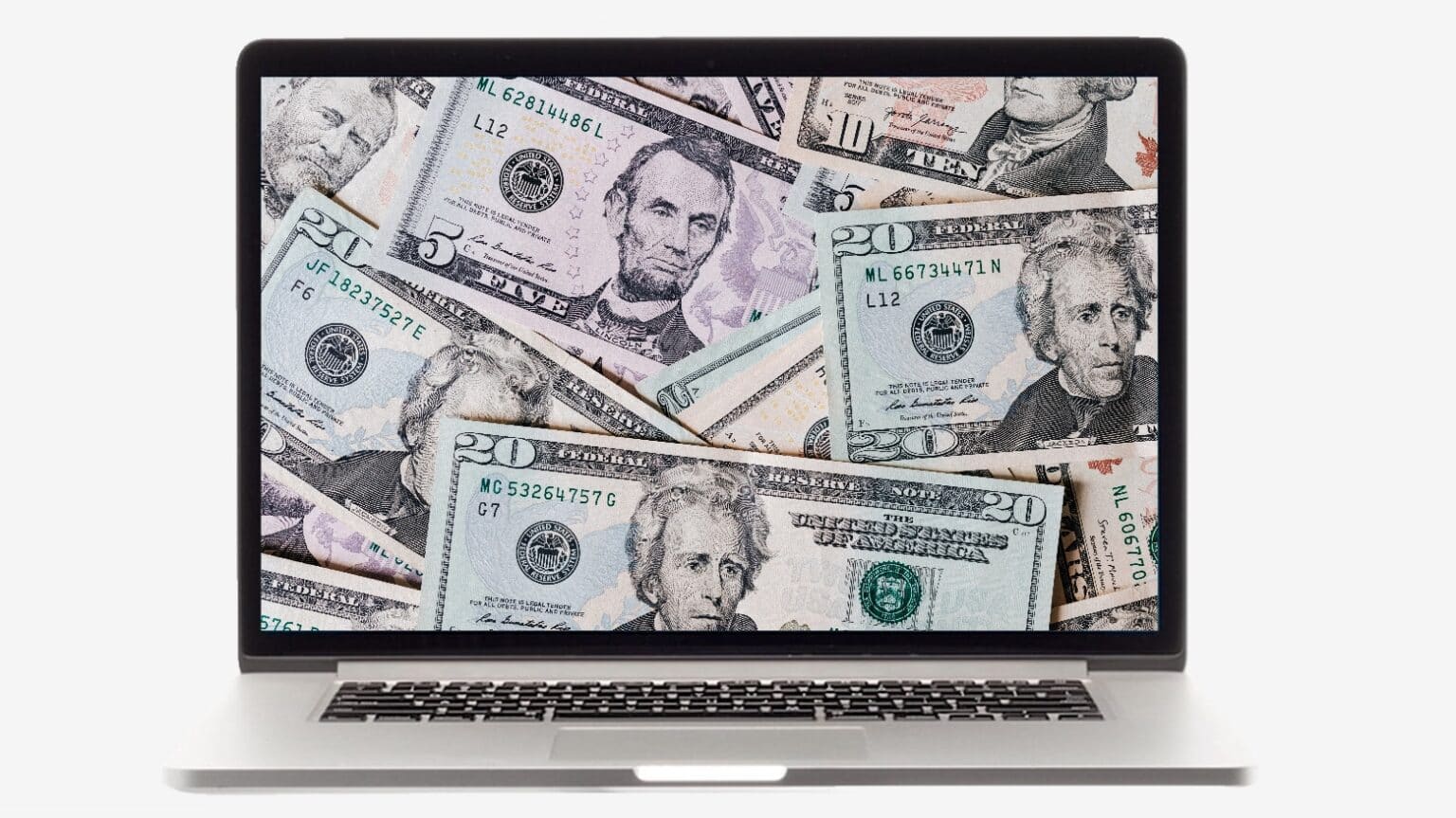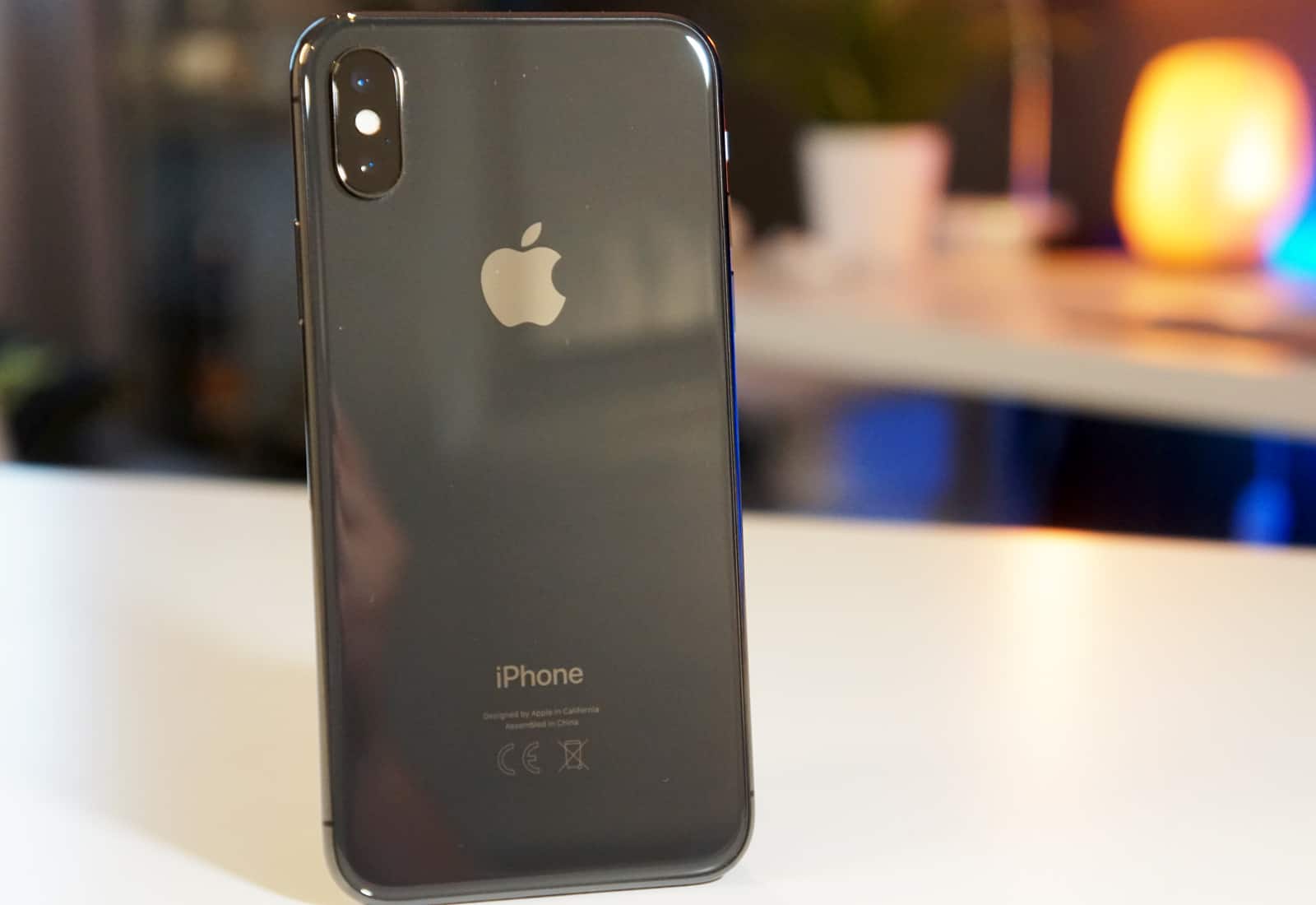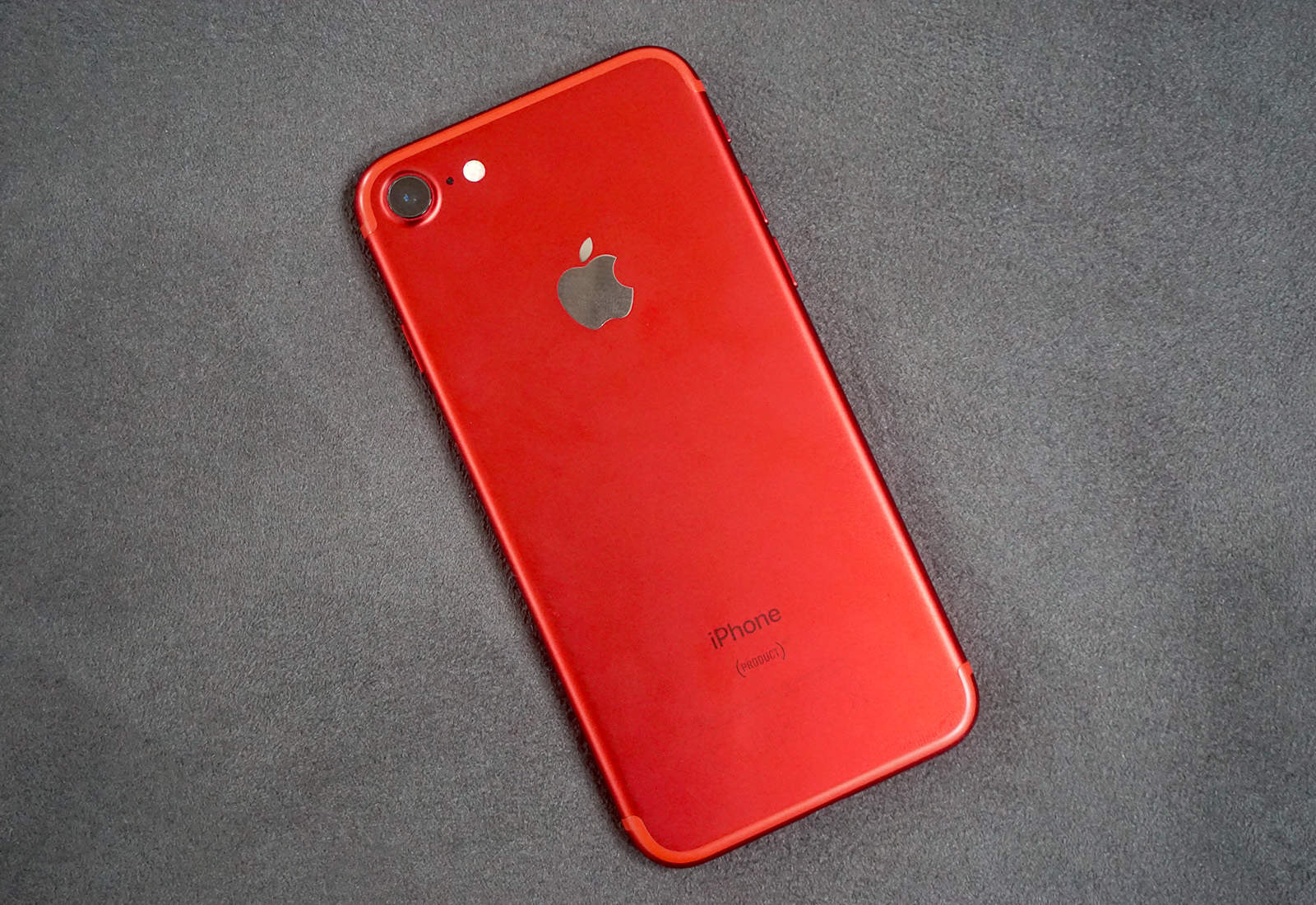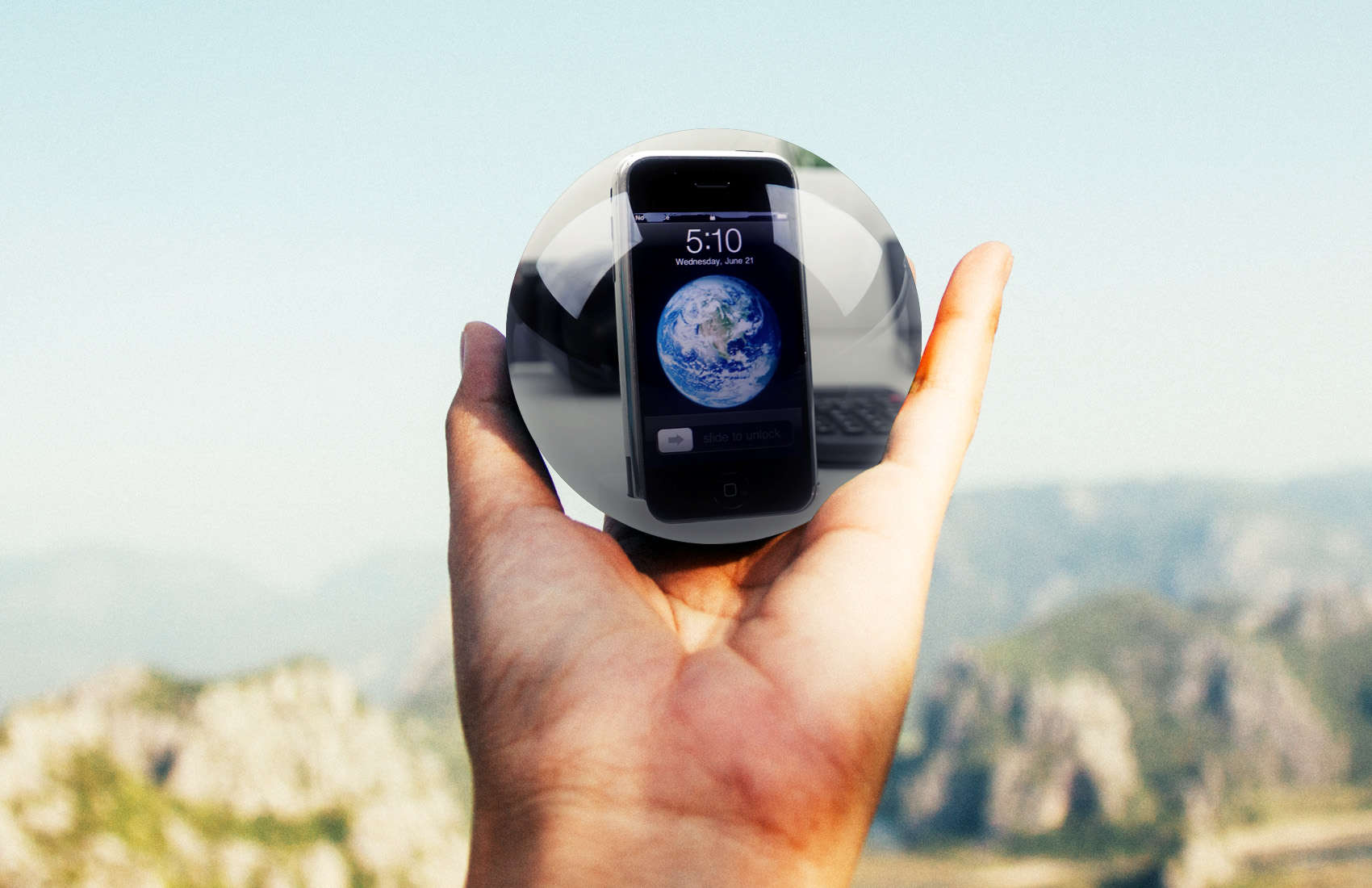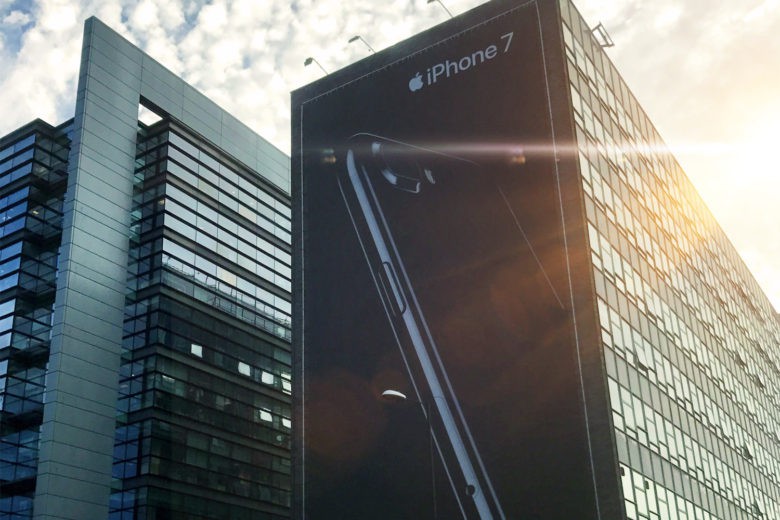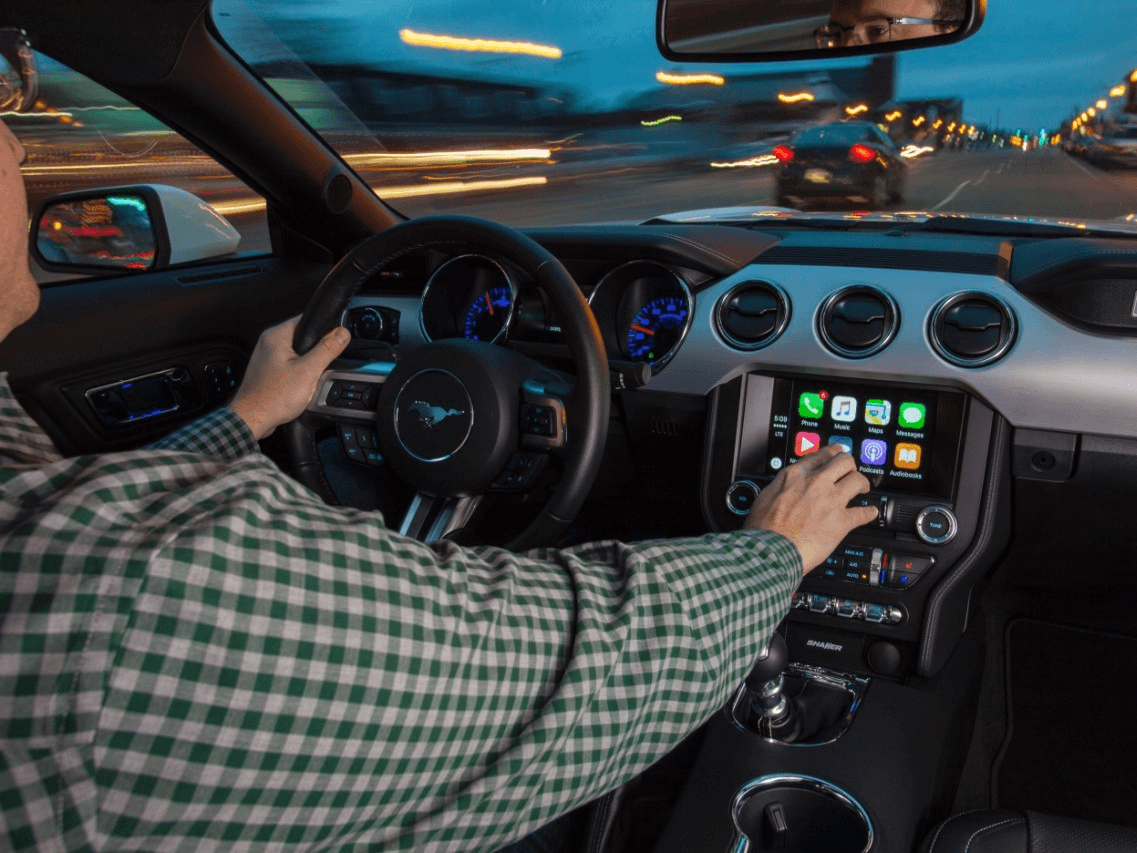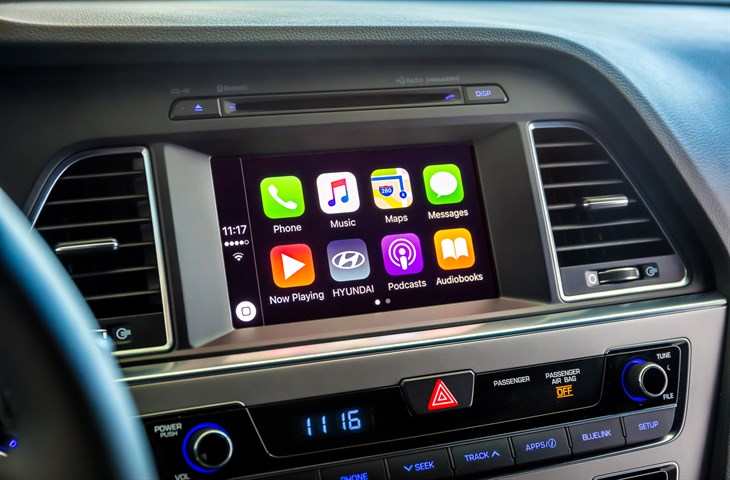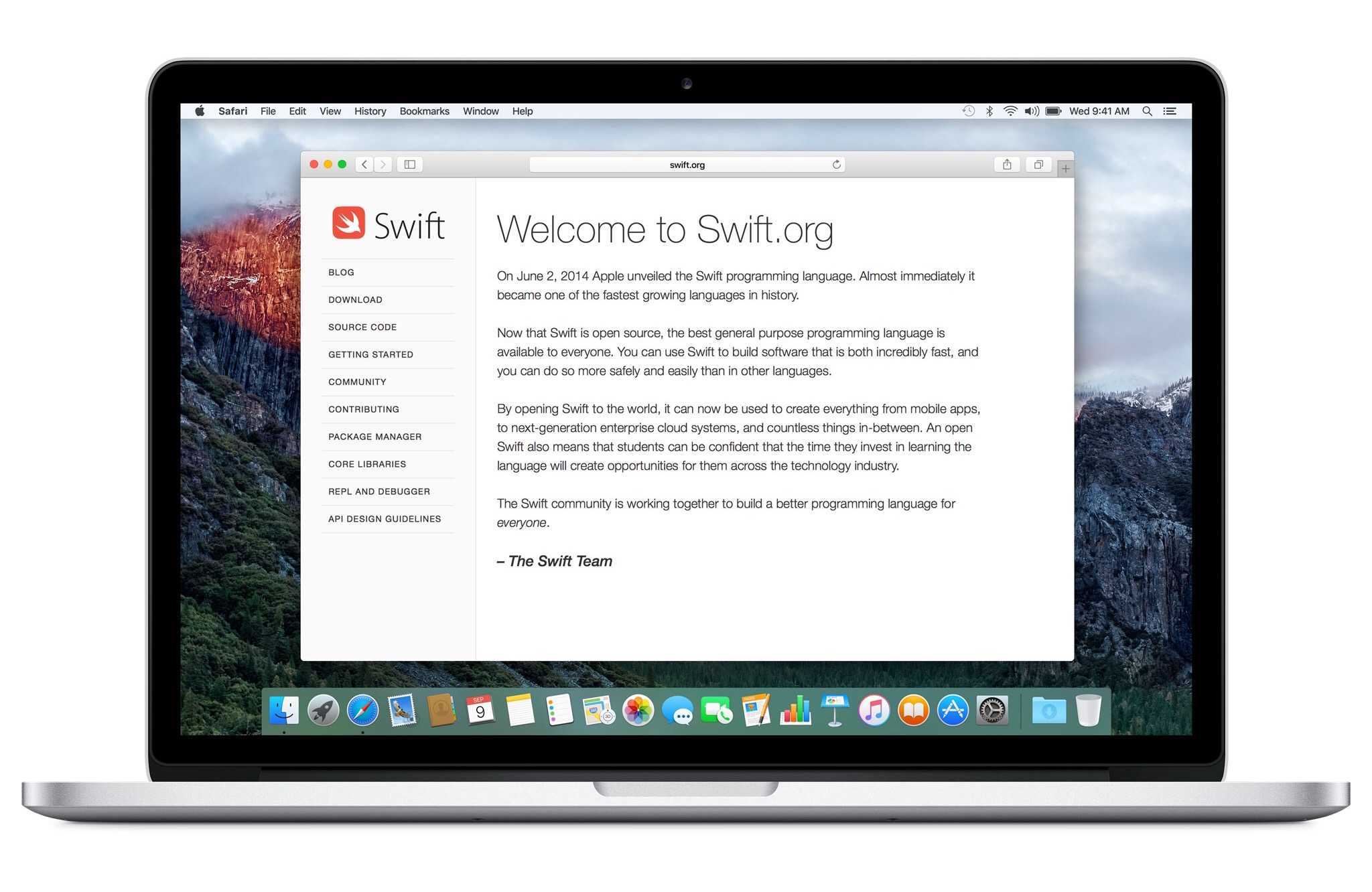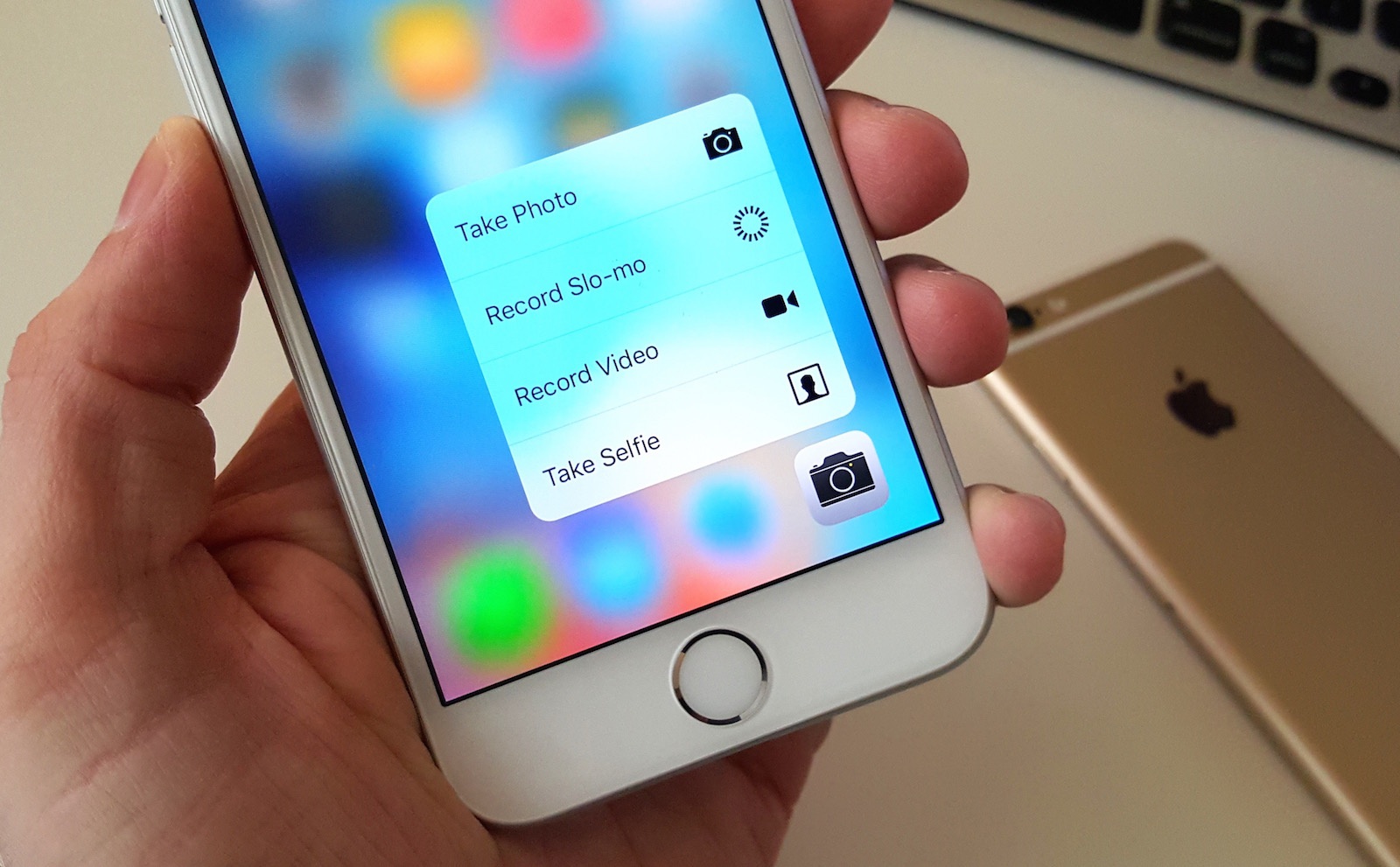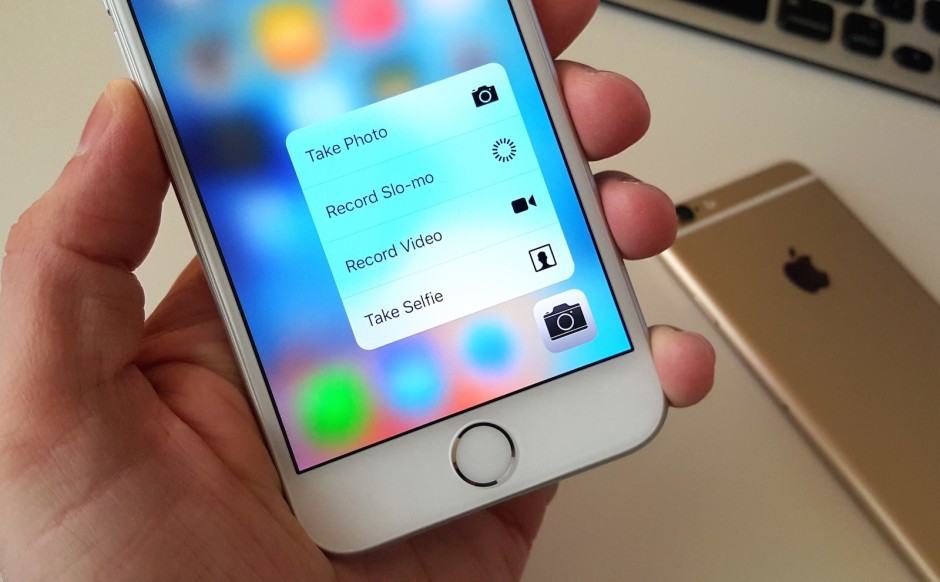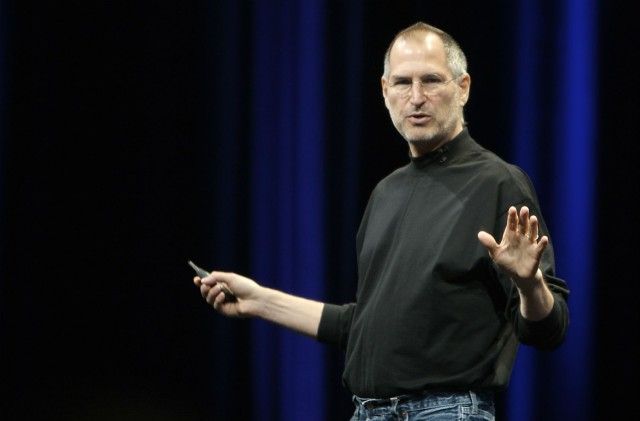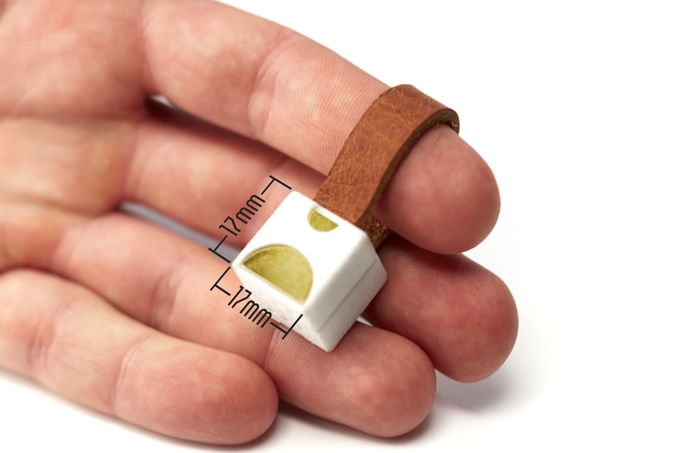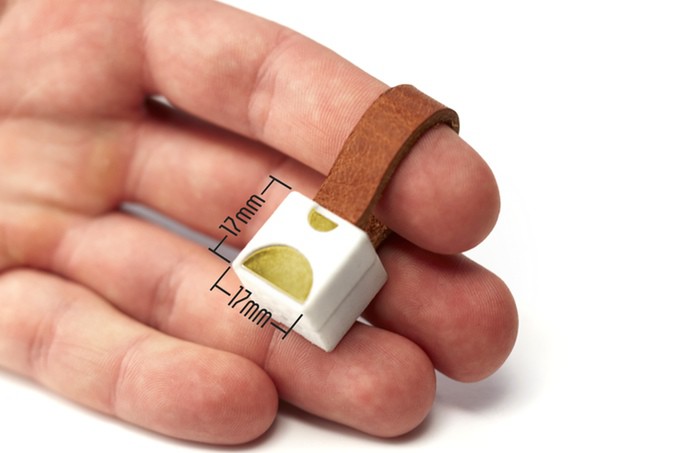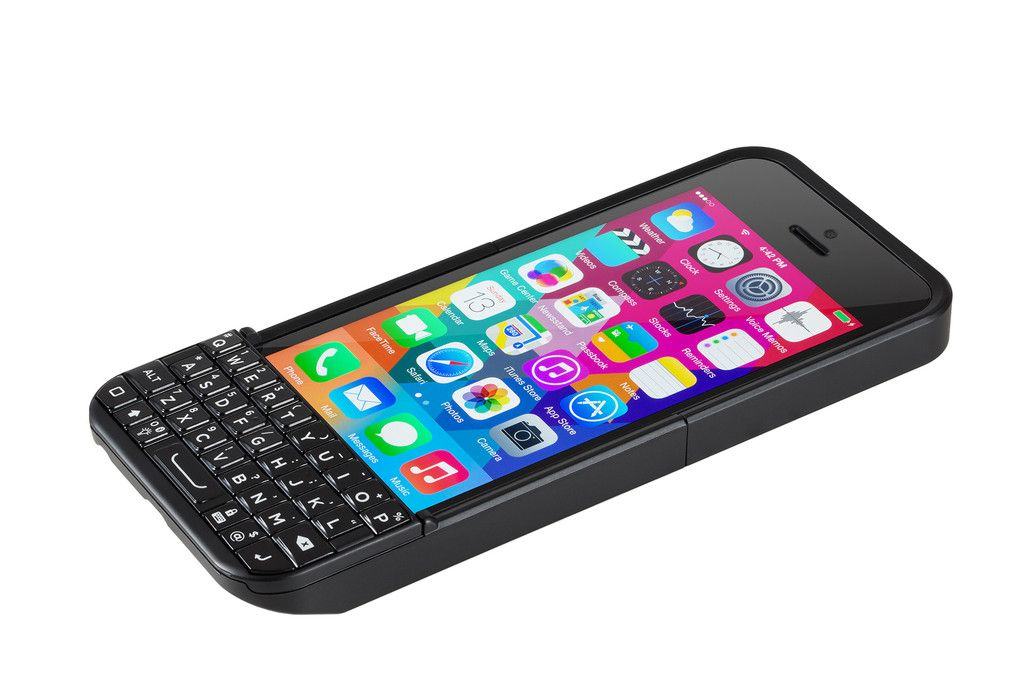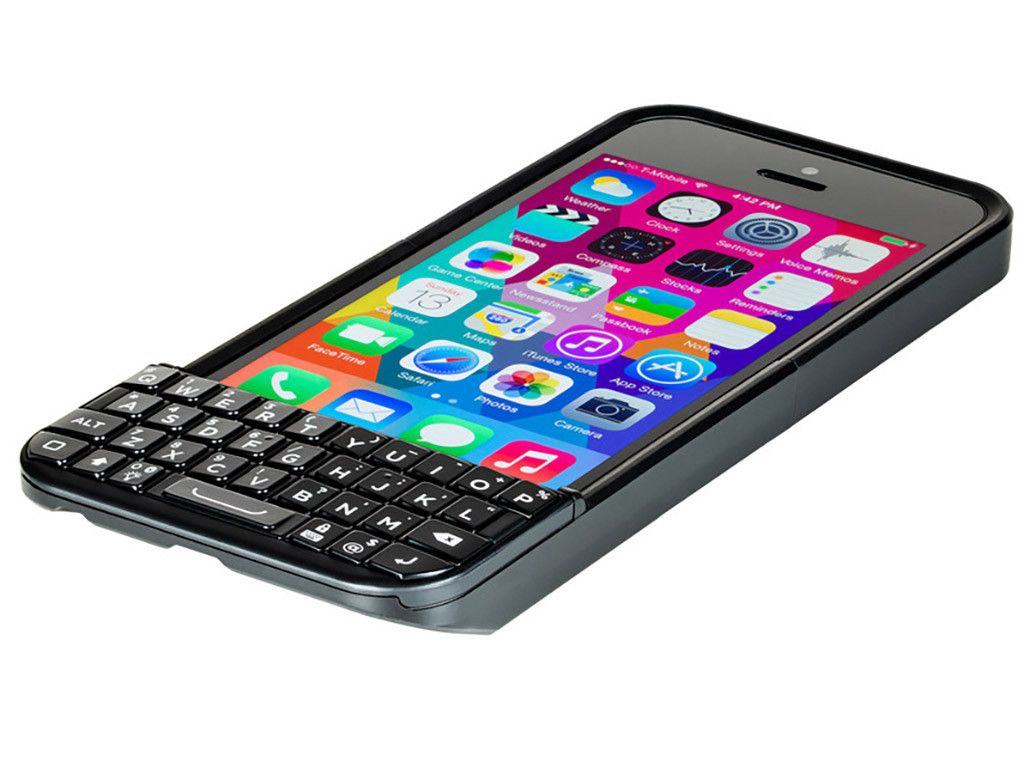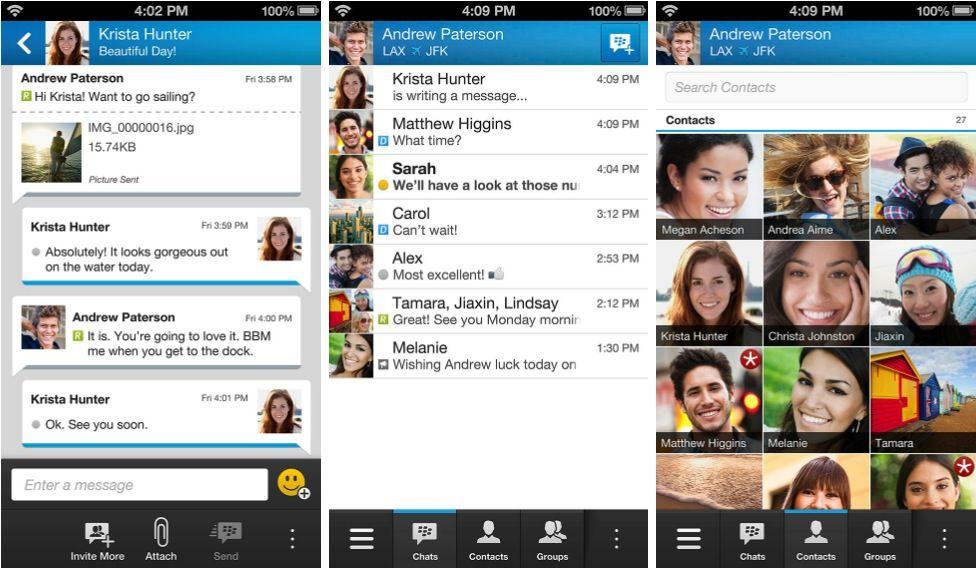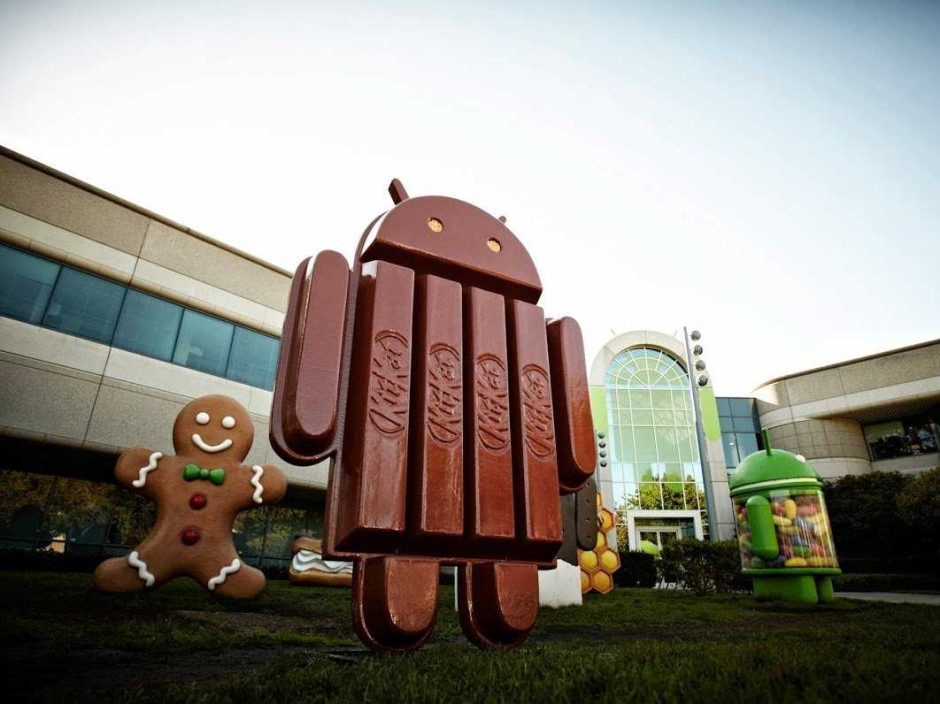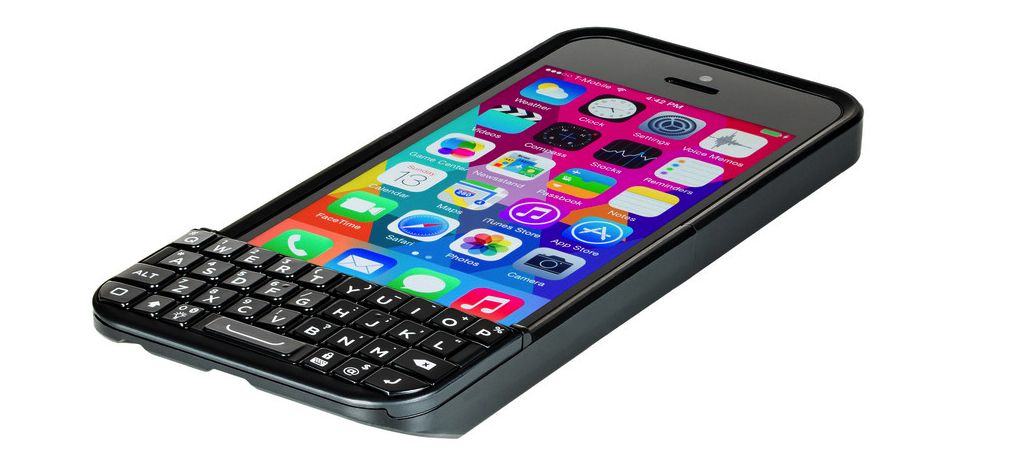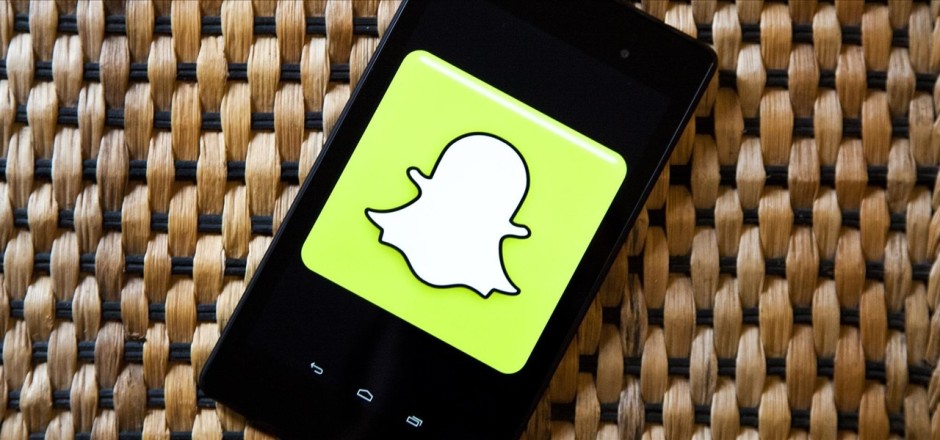 December 17, 2009: Apple finally triumphs over longtime rival Microsoft … on mobile operating systems market share. New data shows that iPhone OS surpasses Windows Mobile in the United States for the first time.
December 17, 2009: Apple finally triumphs over longtime rival Microsoft … on mobile operating systems market share. New data shows that iPhone OS surpasses Windows Mobile in the United States for the first time.
With roughly 36 million Americans owning smartphones, a quarter of them run Apple’s mobile operating system, according to figures released by research firm Comscore.
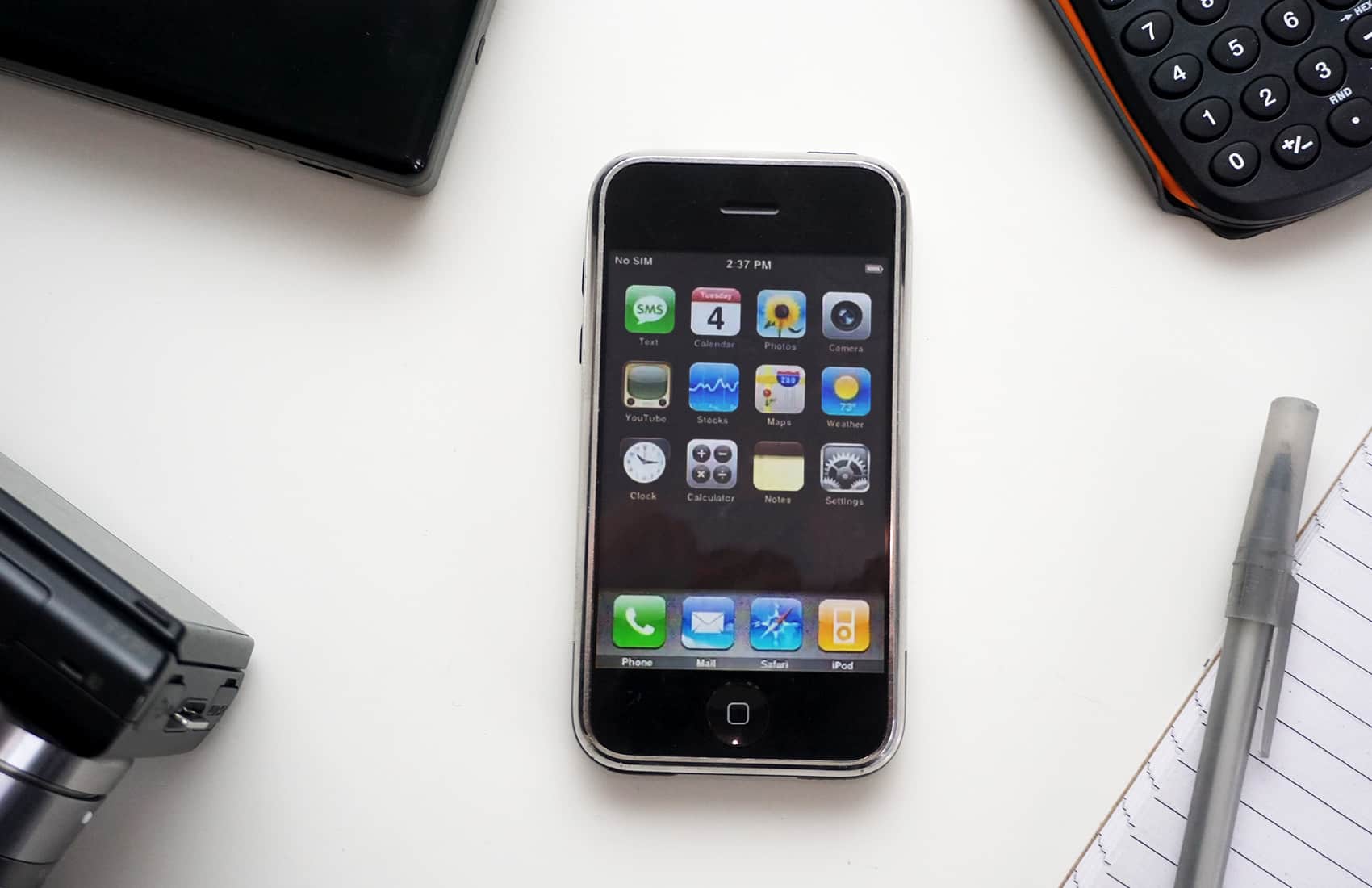
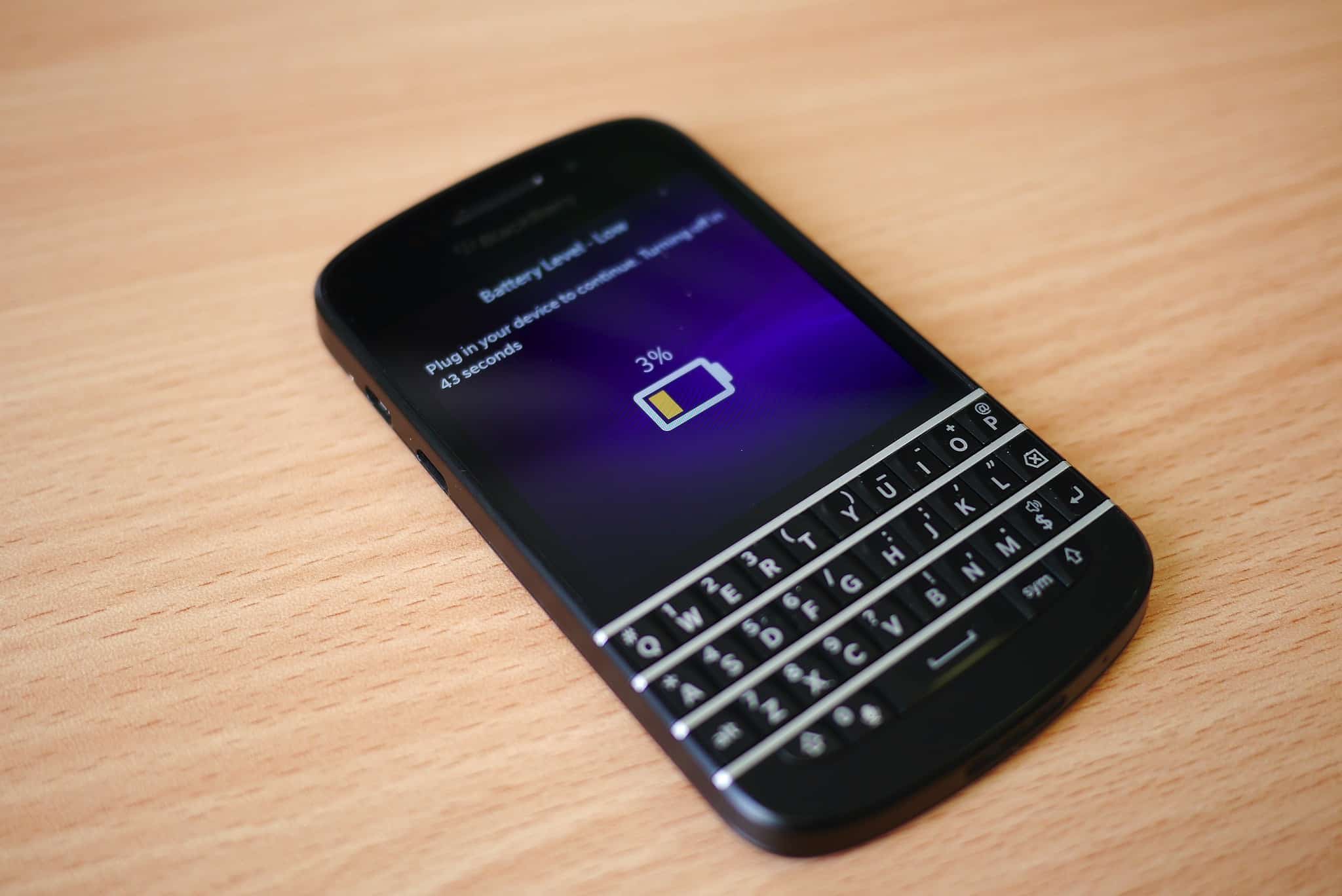
 June 3, 2011: iOS overtakes Research in Motion’s BlackBerry operating system for the first time.
June 3, 2011: iOS overtakes Research in Motion’s BlackBerry operating system for the first time.